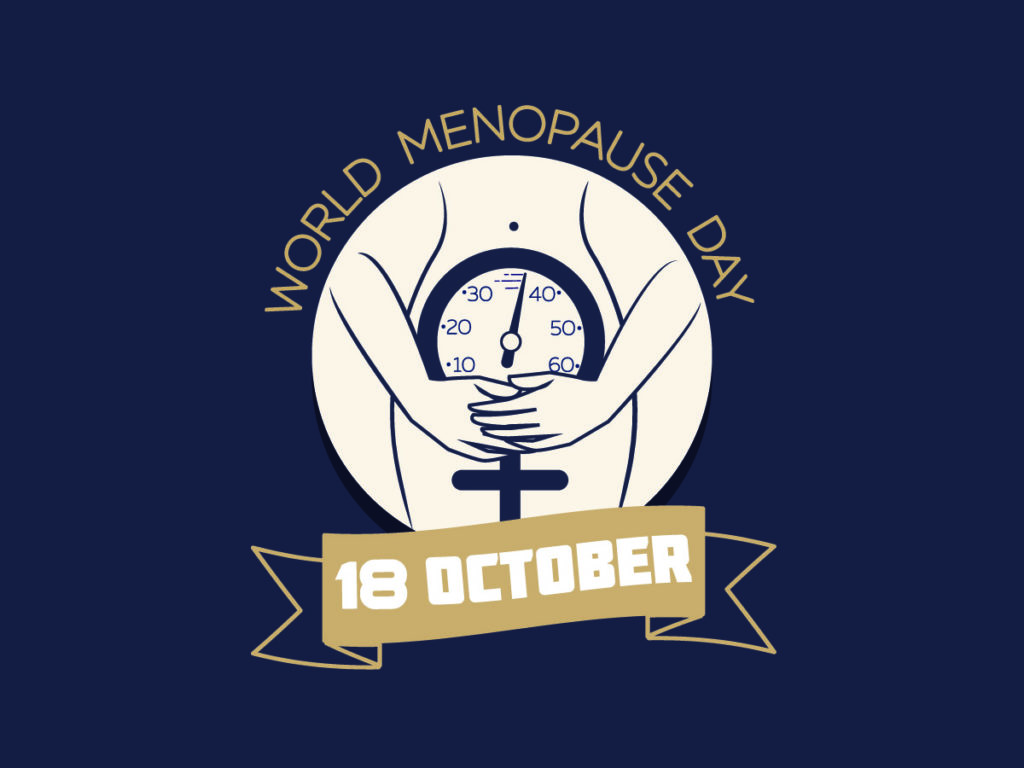World Menopause Day – Help a friend

Did you know? October is World Menopause Month? And on October 18, we have our very own special day – World Menopause Day!
Here’s a bit of background. This is an international observance held every year. It was initiated by the International Menopause Society, a UK based non-commercial organisation created in 1978 during the second Menopause Convention that took place in Jerusalem, Israel.
It was created to promote knowledge about menopause, the impact of estrogen loss on women’s health, and ways to relieve the signs of menopause. Every year, it focuses on a particular aspect of women’s health related to menopause, such as cardiovascular health, perimenopausal bleeding, memory problems, certain types of cancer, etc. This year the focus is on sexual well-being after menopause.
You probably won’t hear much about this day down under. There’s a movement going on in the UK, but we Australasians are a tight-lipped bunch when it comes to talking about menopause.
However, as you may have already discovered, we love talking about it here at MenoMe®. We believe that the more we all open up the conversation, the better our years in the menopause life stage will be.
Here’s how we are going to celebrate World Menopause Day:
We would love to give you a helping hand to help a friend.
So, tell us who you think would benefit from trying 40+™ (formerly known as EstroG-100™) and we will select three lucky winners to receive one month’s supply free. Sound good? We thought so too. 😀
How to Enter
Keep an eye on our Facebook page. We’ll put up a post from 12:01 am until 11.59pm on Tuesday, October 18th 2018 for you to nominate your friend to go in the draw.
You’d better be quick – there is only one day, 18th October, to nominate your friend. Winners will be announced 19th October. Good luck everyone. 😀
The Winners Are:
- Ange Shaw
- Tania Joseph
- Debra Newell
- Rita Mizzi
- Janlea Cunningham
- Deborah Frandsen
- Kiri Guest
- Bron Reader
- Cheryl Hard
- Deb Coley







